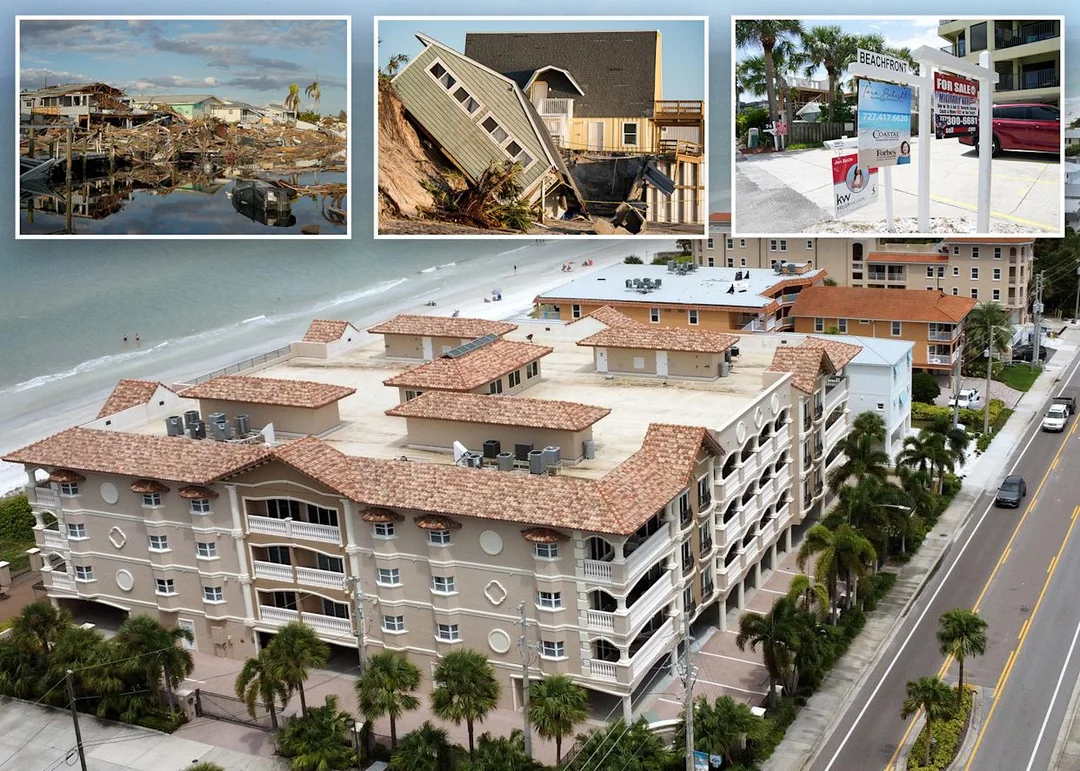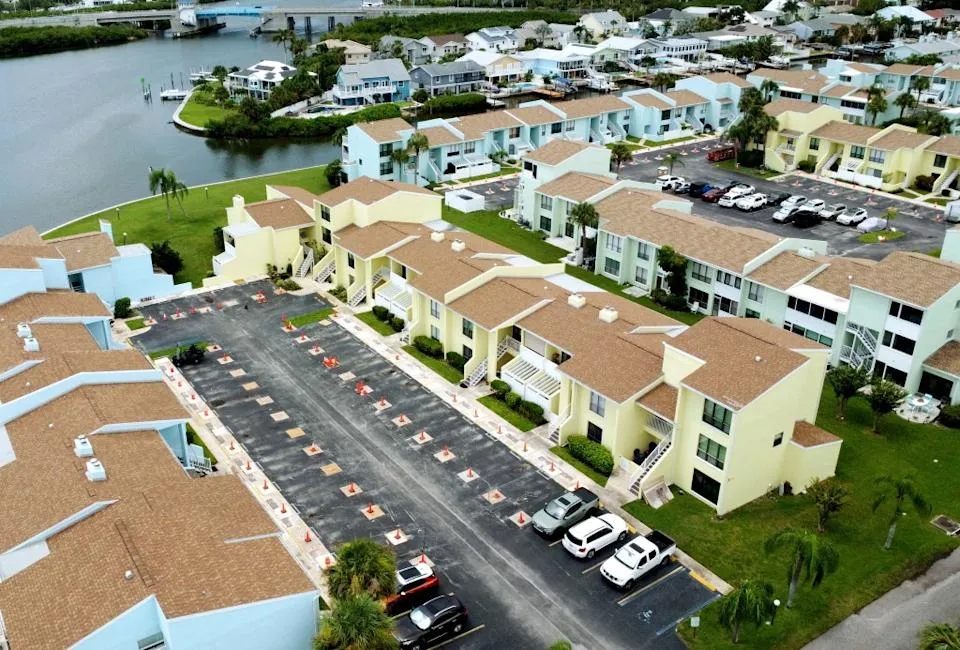
Is Florida’s Dream of Condo Living Turning Into a Nightmare?
Florida’s condominium market is at a breaking point, raising alarm bells for prospective buyers, current owners, and state officials alike. Once seen as a gateway to paradise, soaring costs and regulatory pressures have turned this dream into a bitter reality for many.
As noted by the Wall Street Journal, a wave of financial strain has gripped the Sunshine State’s condo market. Skyrocketing insurance premiums, unexpected repair assessments, and limited financing options have become overwhelming burdens for owners. These challenges are particularly acute for those residing in older buildings, which are now facing stricter safety regulations following the catastrophic 2021 Surfside condominium collapse that claimed 98 lives.

Rob and Karen Dickson, retirees who relocated from New York to Punta Gorda in 2021, epitomize this struggle. They invested $319,000 in a condo overlooking a golf course, expecting a serene life in Florida. However, within two years, their dream soured as insurance costs doubled post-hurricane, and they were hit with a $7,200 special assessment for necessary building upgrades. HOA fees surged from $800 to $1,000 monthly, straining their fixed income. Ultimately, the couple listed their condo last summer, competing against 43 other units in their community, and accepted an offer $20,000 below their asking price.

This trend is not isolated. Across Florida, particularly in older condo buildings, owners are feeling the economic pinch. Data reveal that statewide condo prices have fallen between 1% and 6% monthly since July 2024, with older properties depreciating a staggering 22% in just two years. In contrast, newer constructions are still thriving, with Miami-Dade County reporting an 8% median price increase in February.

The fallout from these financial strains has led to an inundation of for-sale signs dotting the landscape, as owners scramble to offload properties that are increasingly seen as liabilities. This panic is heightened by the fact that over 1,400 condos are now on Fannie Mae's blacklist due to inadequate insurance or pressing repair needs, complicating the market further.
Amidst these challenges, state officials are acknowledging the need for intervention. Governor Ron DeSantis has signaled possible relief measures, addressing concerns that many owners, especially those on fixed incomes, cannot bear the weight of rising costs initiated by recent policies.

As Florida navigates this tumultuous period in its condo market, questions remain. Can state officials bring meaningful relief to beleaguered owners? Will buyers continue to seek opportunities in a market steeped in uncertainty? As this situation unfolds, the stakes are high for all involved. Readers are encouraged to share their thoughts and experiences in the comments below.